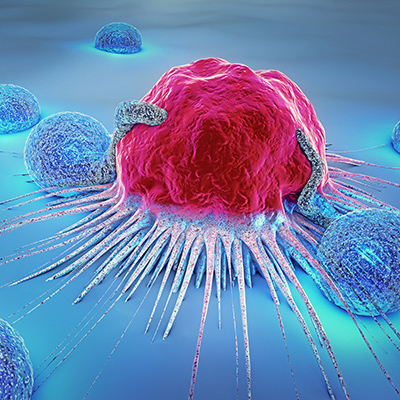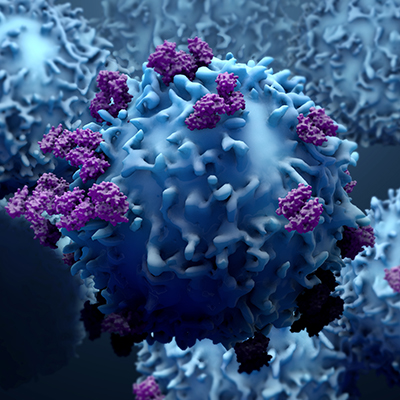May 17, 2021 -- The University of Texas MD Anderson Cancer Center is partnering with Refuge Biotechnologies to advance new cell therapies for the potential treatment of solid tumors.
MD Anderson will have exclusive rights to use Refuge's proprietary platform for next-generation cell engineering on tumor infiltrating lymphocyte (TIL) programs.
The cancer center will also codevelop Refuge's RB-340, a human epidermal growth factor receptor 2 (HER2)-targeted, chimeric antigen receptor (CAR) T-cell therapy with context-dependent, inducible down-regulation of programmed cell death 1 (PD-1). The codevelopment will include an investigational new drug (IND) filing, good manufacturing practice (GMP) production, and phase I/II clinical trials.
Refuge's technology programs cells to selectively react to tumor cells through direct modulation of gene expression using CRISPR interference and activation. RB-340 is designed to conditionally down-regulate expression of PD-1 on approaching tumor cells, reduce T-cell exhaustion, and increase T-cell persistence and proliferation to create better efficacy against solid tumors. Preclinical models show a clear survival benefit with RB-340 compared with conventional CAR T-cell therapy, MD Anderson said.
The IND filing is anticipated in the first half of next year with clinical development of RB-340 focused on solid tumors, the cancer center added.
Copyright © 2021 scienceboard.net










